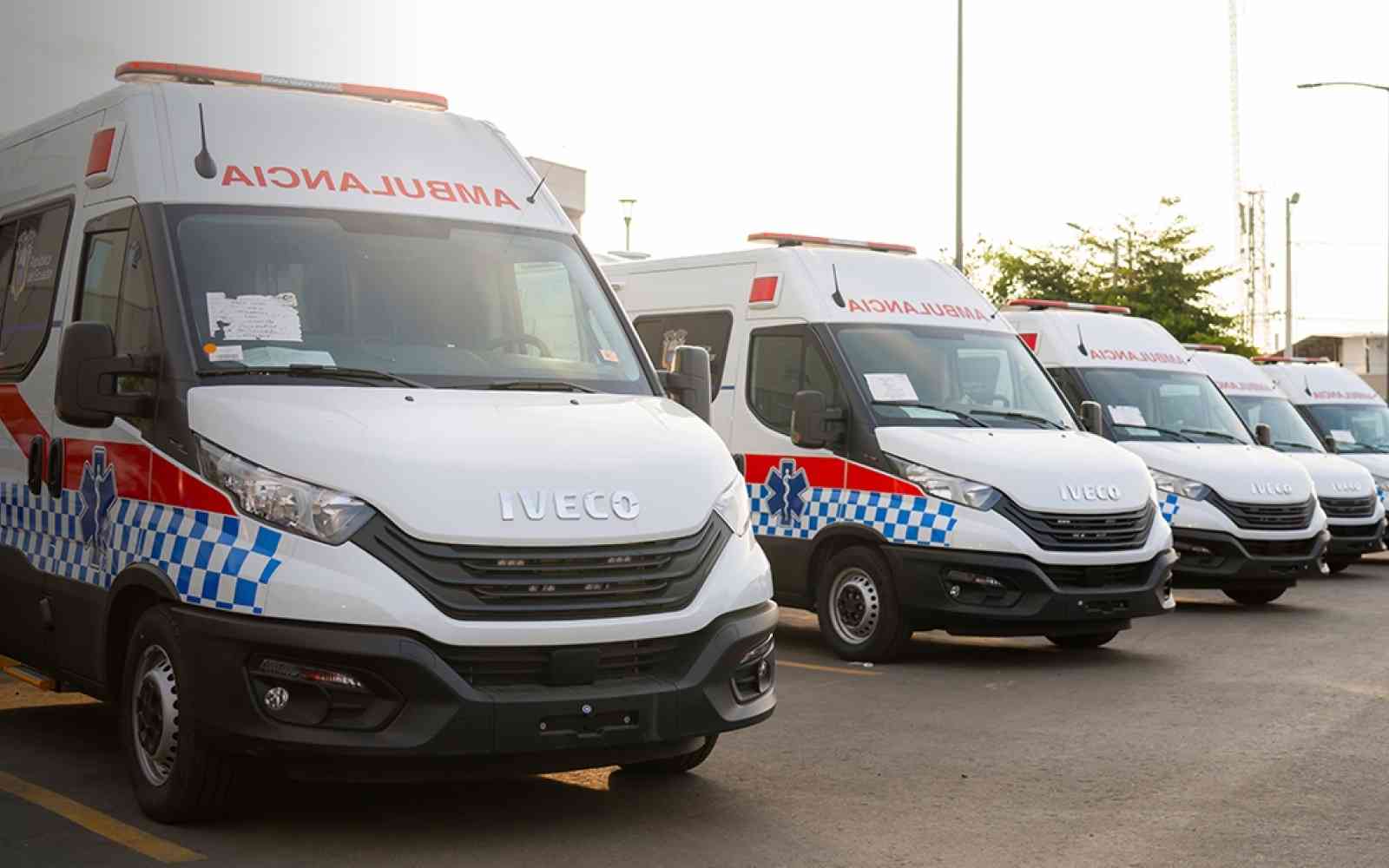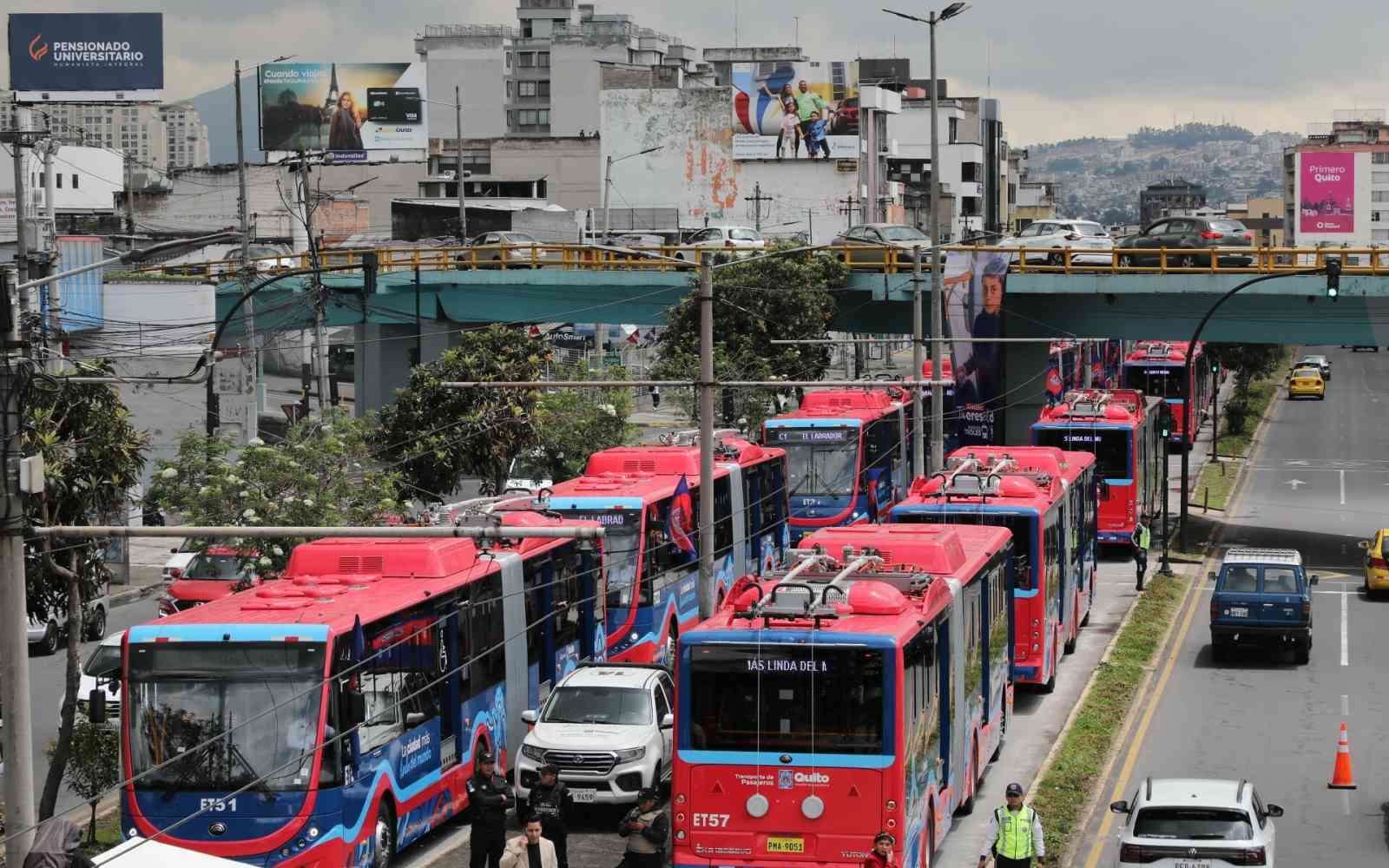The United Nations Office for Project Services (UNOPS)
Towards better mobile health services in Ecuador
UNOPS is working with the Ecuadorian Institute of Social Security (IESS) on the procurement and delivery of new ambulances to improve the provision of immediate and effective healthcare services nationwide.
Latest updates
18 September 2024
- 14 advanced life-support ambulances have been delivered to the Hospital Carlos Andrade Marín in Quito, during a ceremony attended by the President of the IESS, Eduardo Peña.
- To date, 78 ambulances out of 123 ambulances have been procured and delivered under this project.
In Ecuador, where long distances can make it challenging for people to reach emergency healthcare, and where ambulances may not be readily available in all areas, there is a growing need for improved mobile health services.
IESS is an essential part of Ecuador’s national social security healthcare system – providing health insurance coverage to nearly 4 million people in the country. Despite providing vital services, more than 90 per cent of the IESS’s fleet of ambulances is outdated and are often out for maintenance. This causes severe disruptions in pre-hospital and emergency services for those in a critical state.
Working with IESS, UNOPS will deliver 123 Advanced Life Support ambulances, including 17 four-wheel-drive vehicles to get to the patients in hard-to-reach locations. The project will strengthen pre-hospital and emergency healthcare services across the country while ensuring that patients with urgent needs can access medical services in good time.
Working with Ecuadorian institutions, we have demonstrated our ability to deliver innovative, high-quality solutions in complex environments.
“We are proud to help Ecuador modernize its fleet of life-support ambulances to improve its emergency responses and further strengthen the quality of healthcare for the population,” she added.
“This is the result of the tireless work of doctors, administrators, and all healthcare personnel who demonstrate their dedication to serve the community every day,” said Eduardo Peña, President of the IESS.
"Together we are building a more efficient and humane healthcare system, overcoming challenges and ensuring quality care for all,” he added.
Under the project, UNOPS will also provide training to more than 200 people. Medical personnel, nurses and paramedics are learning how to use new life support equipment while drivers will be trained on vehicle maintenance and safe driving practices.




















